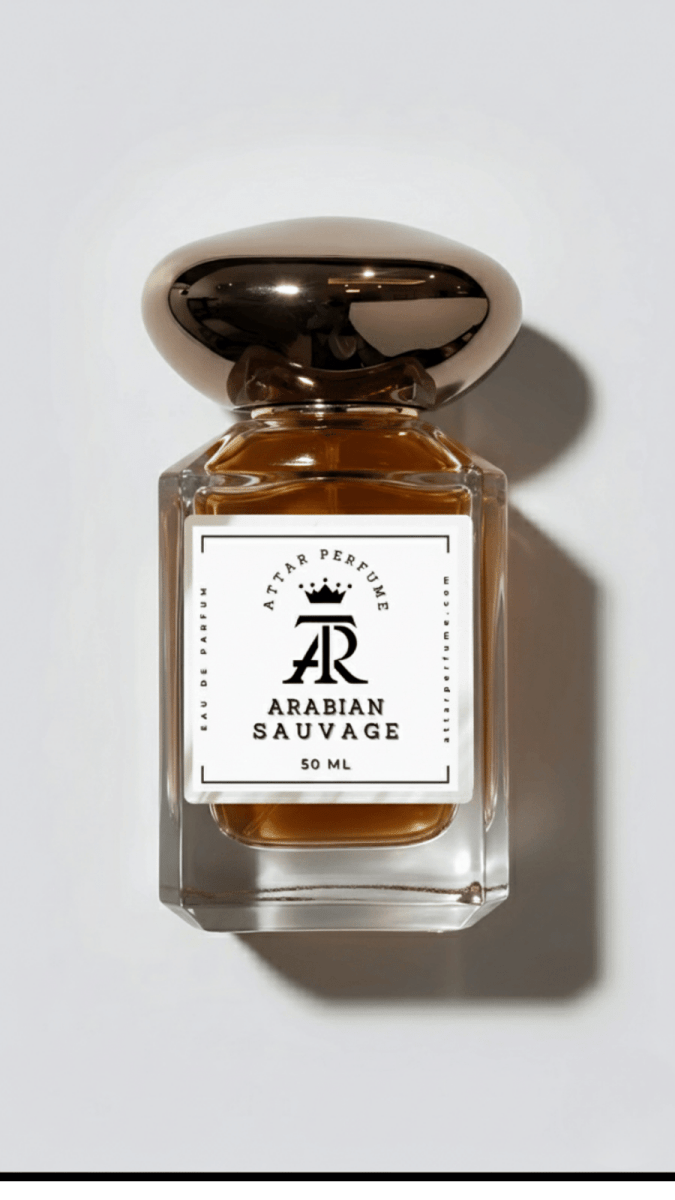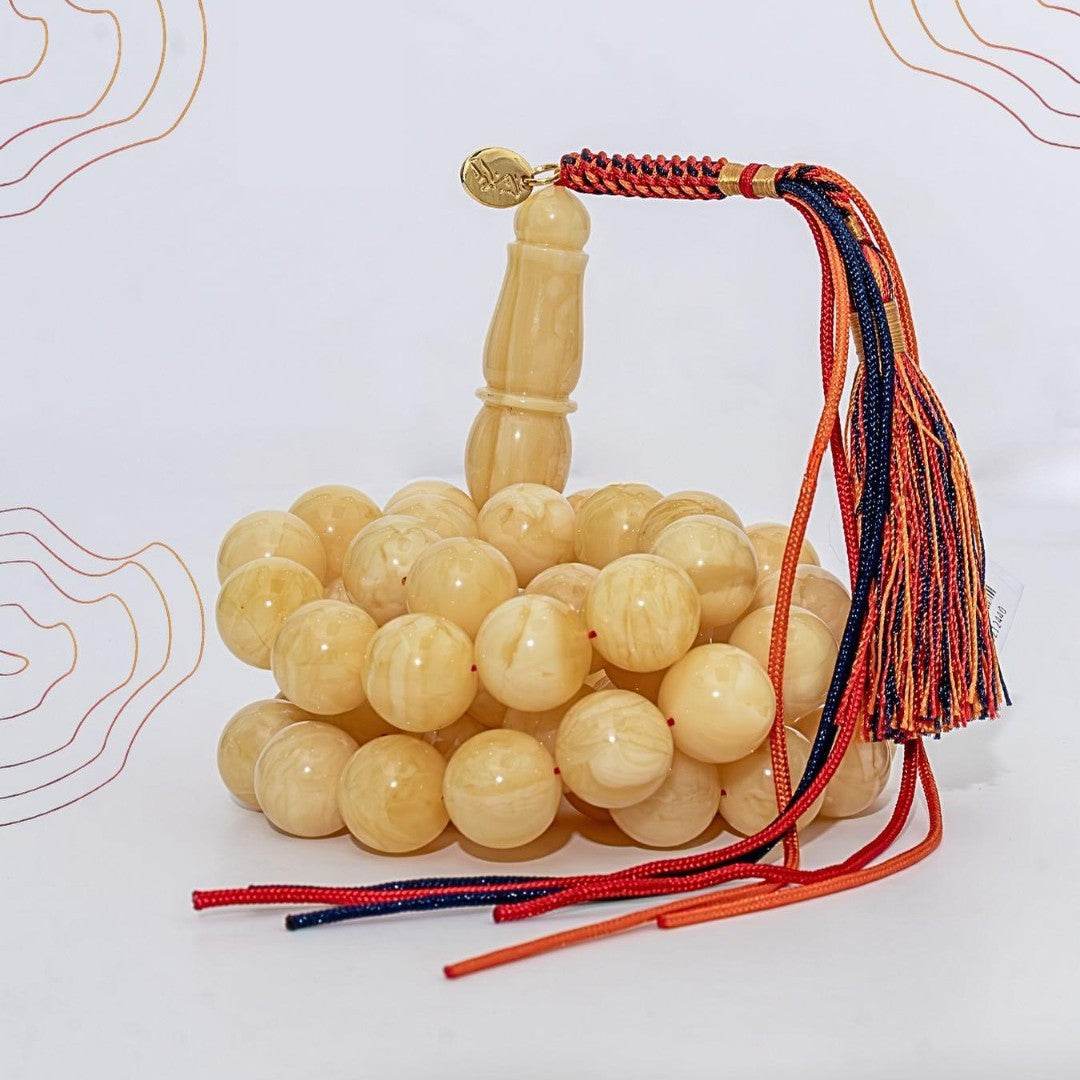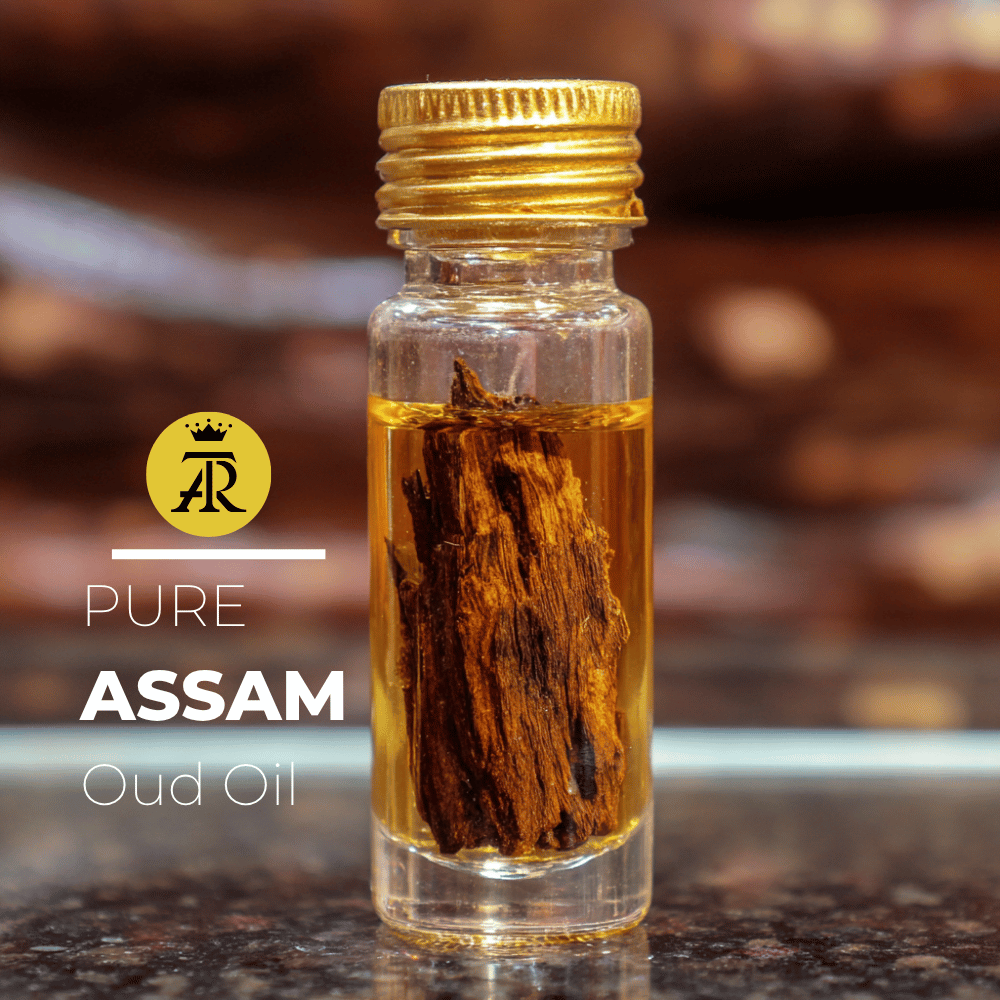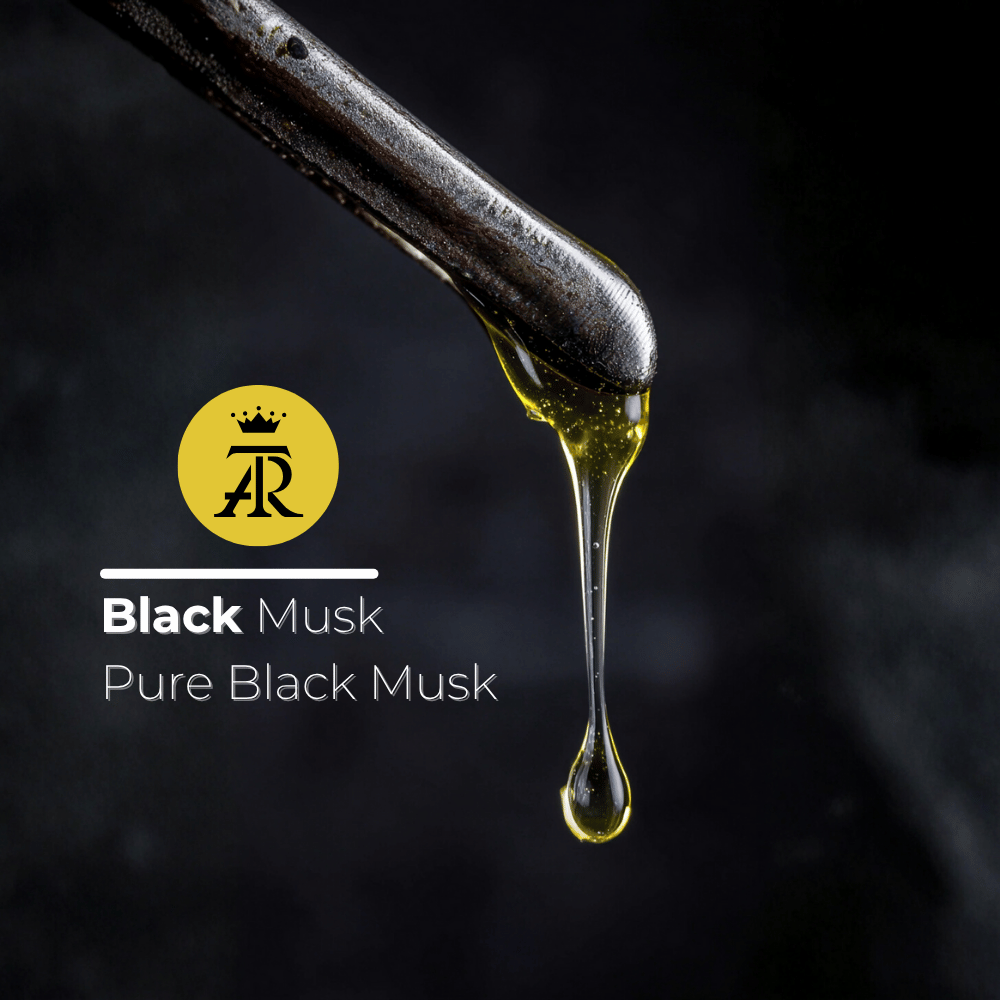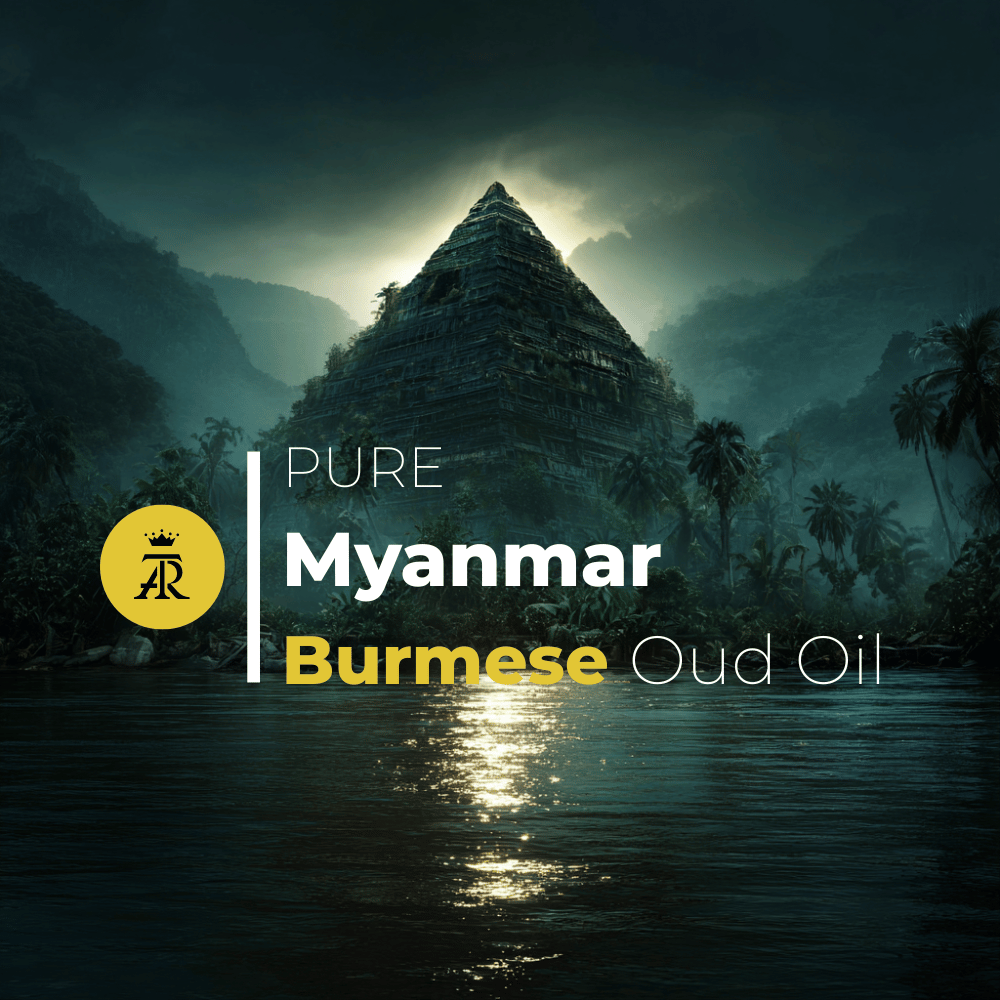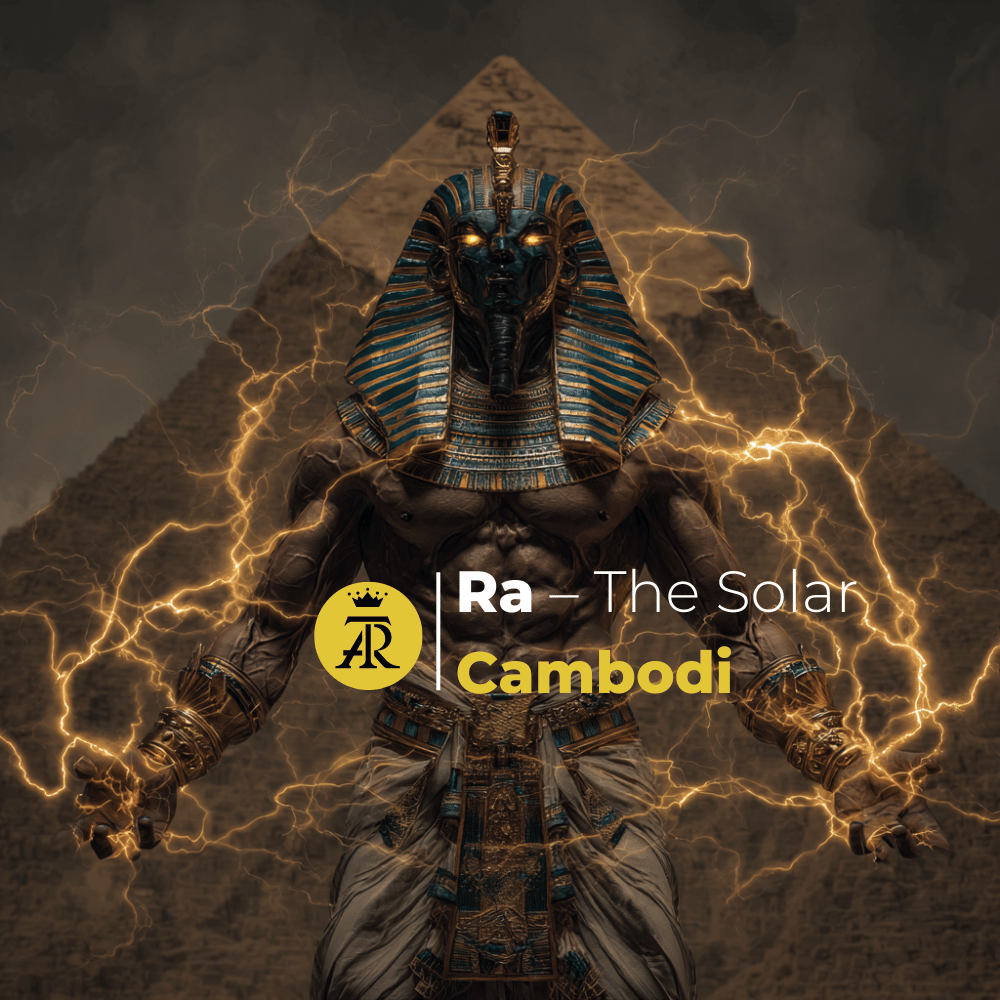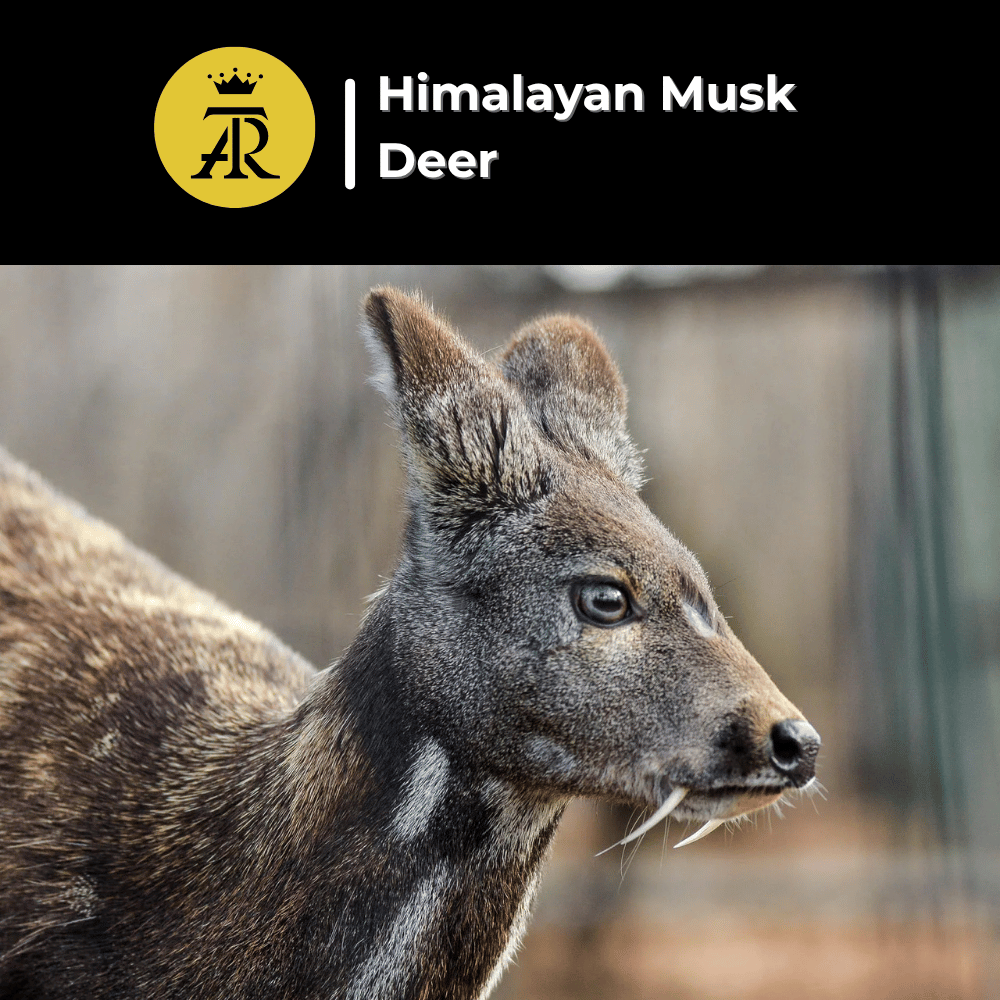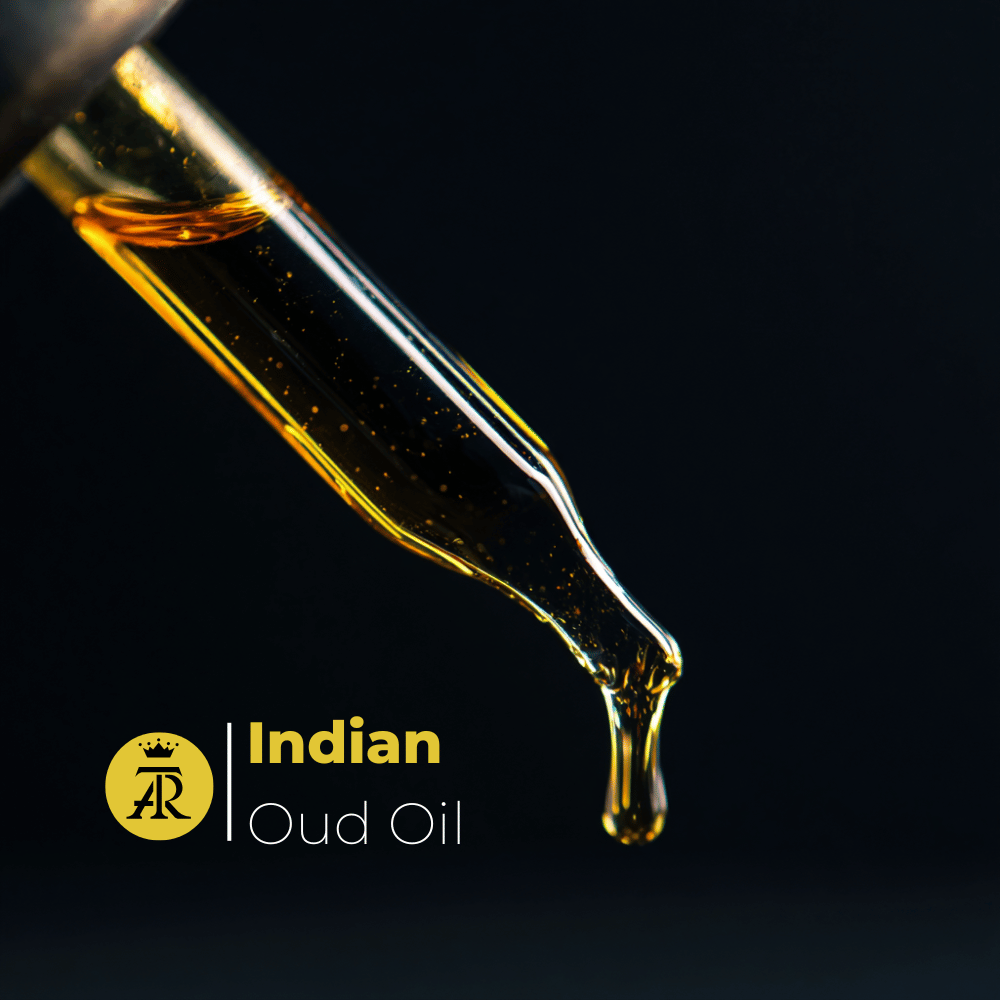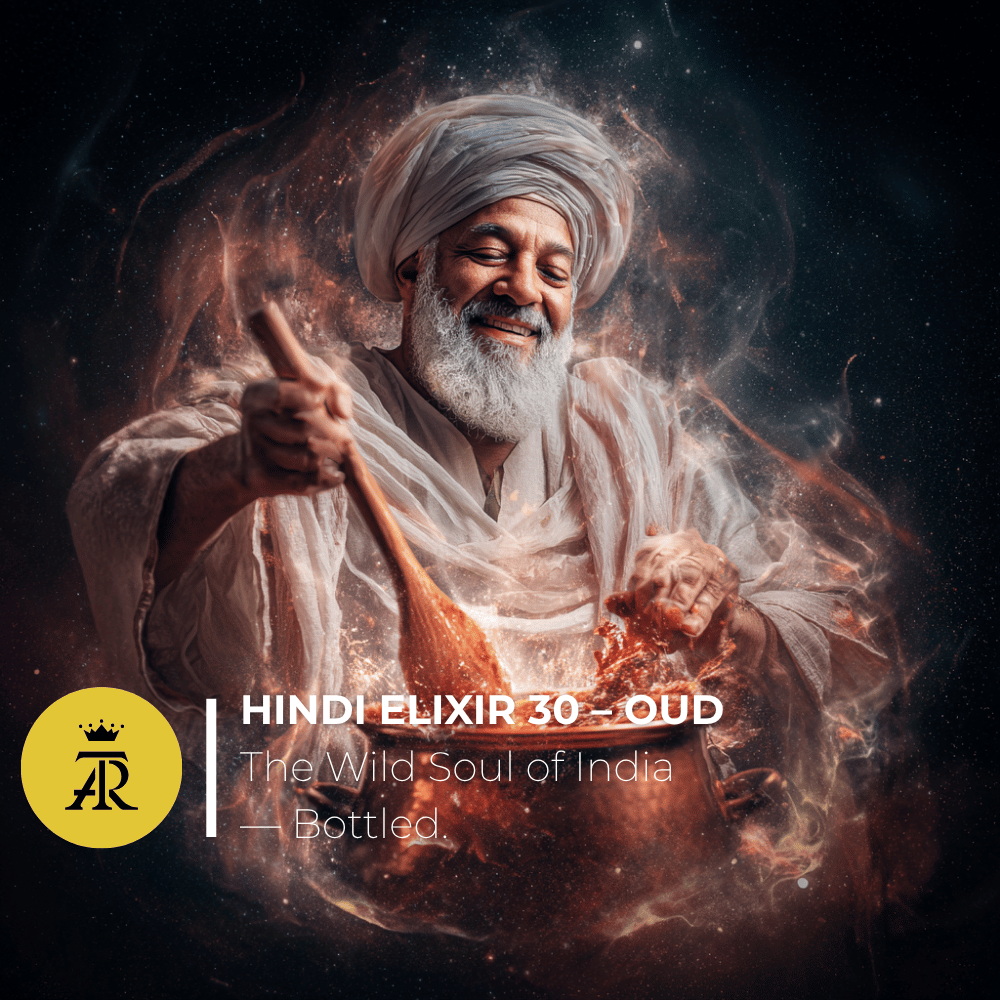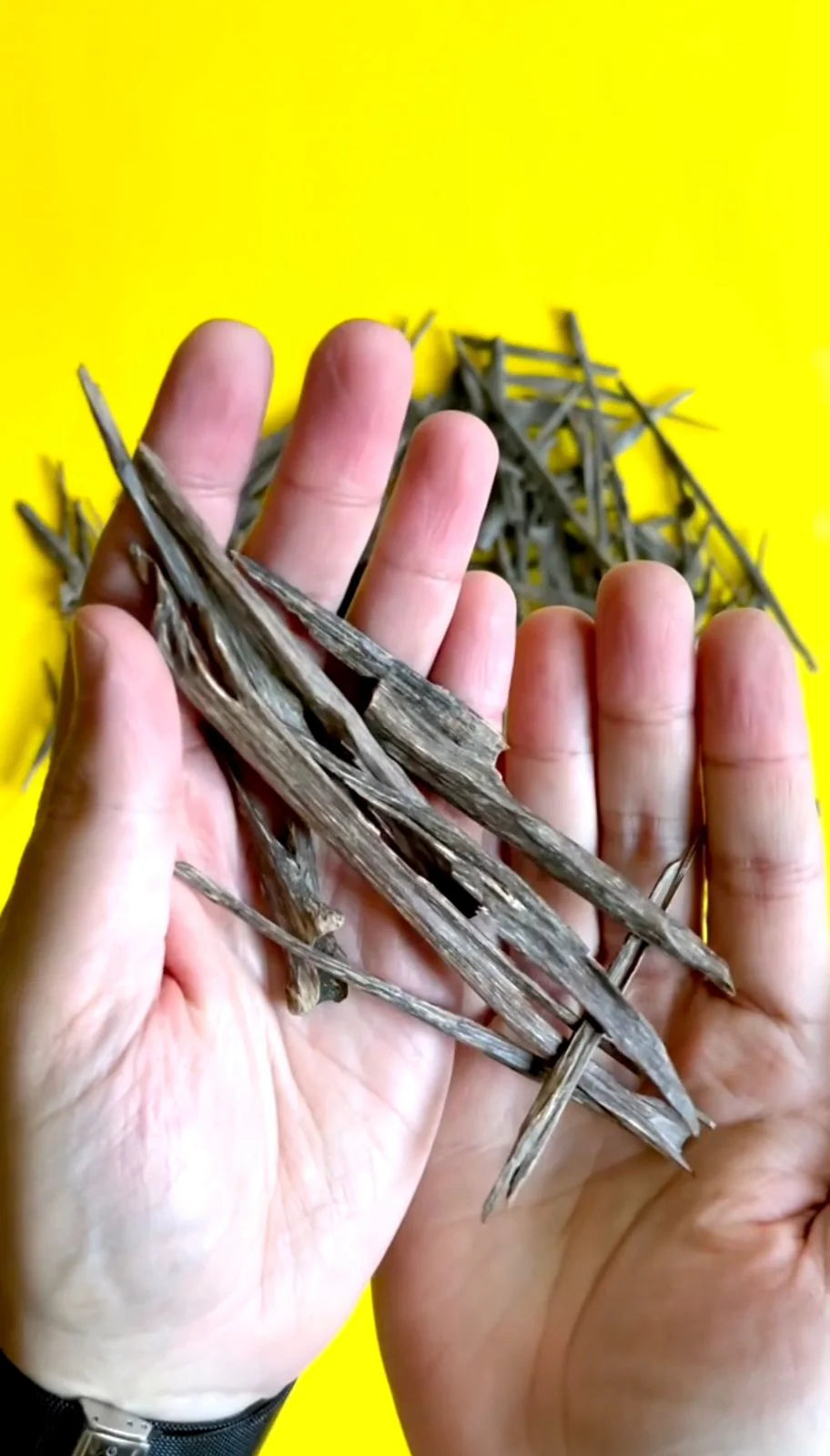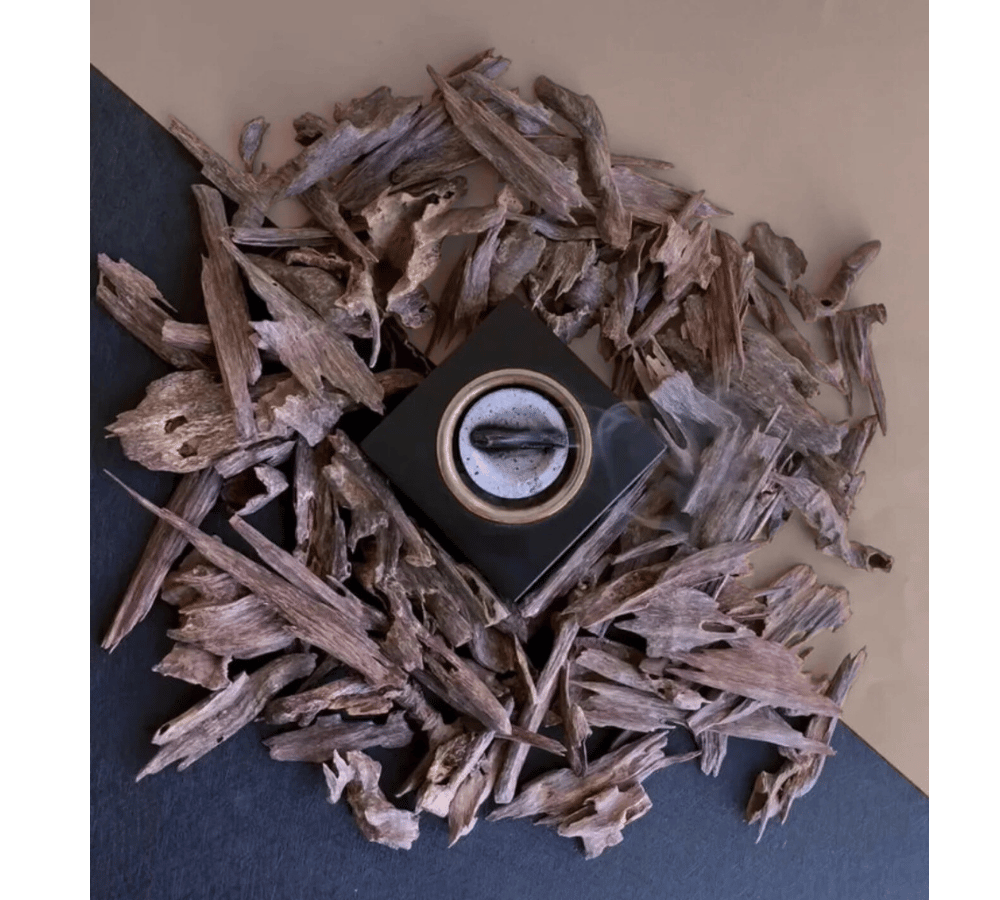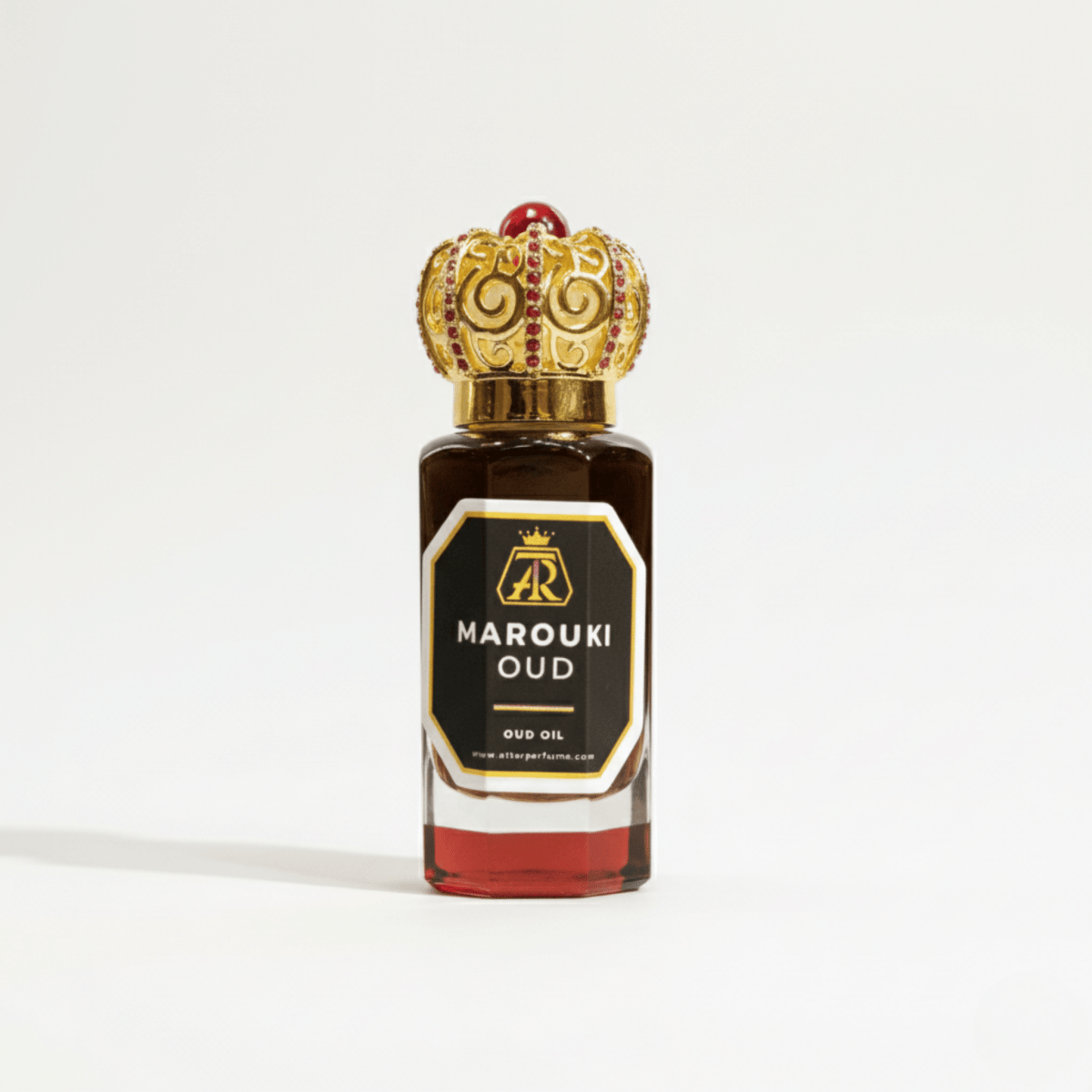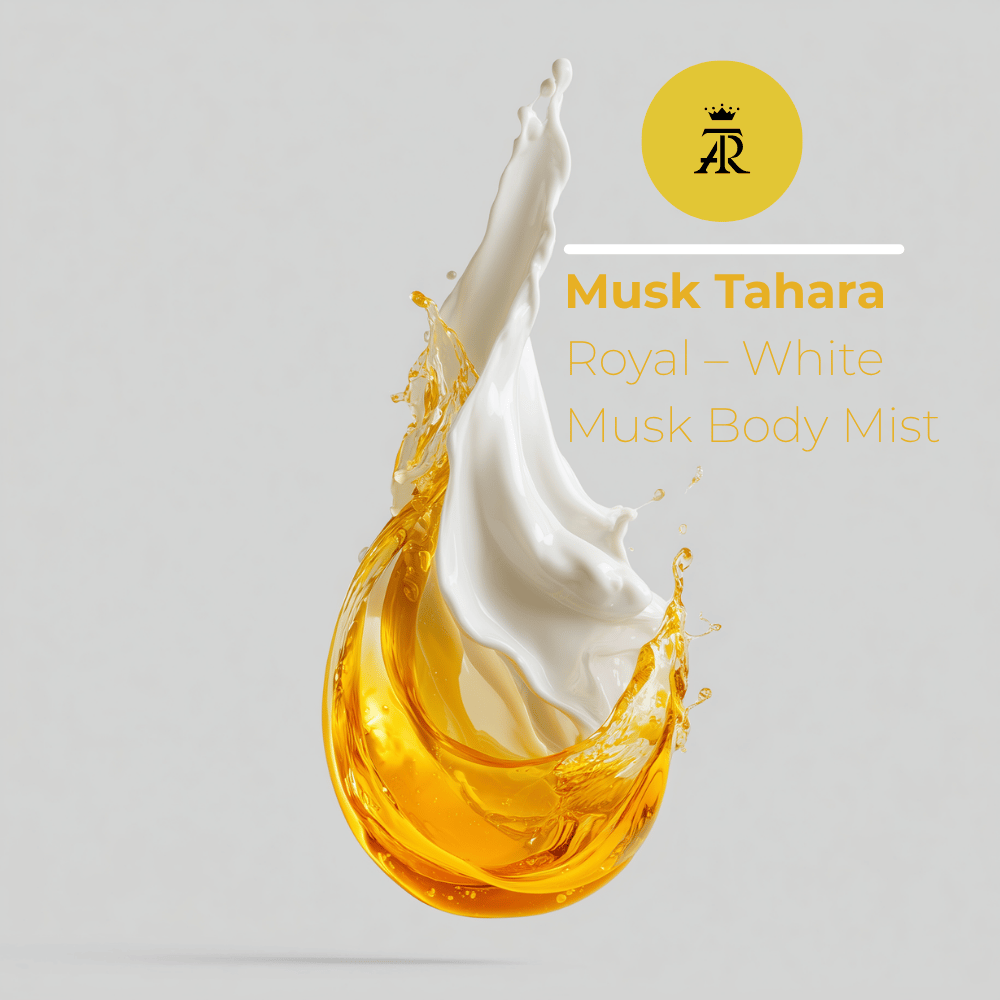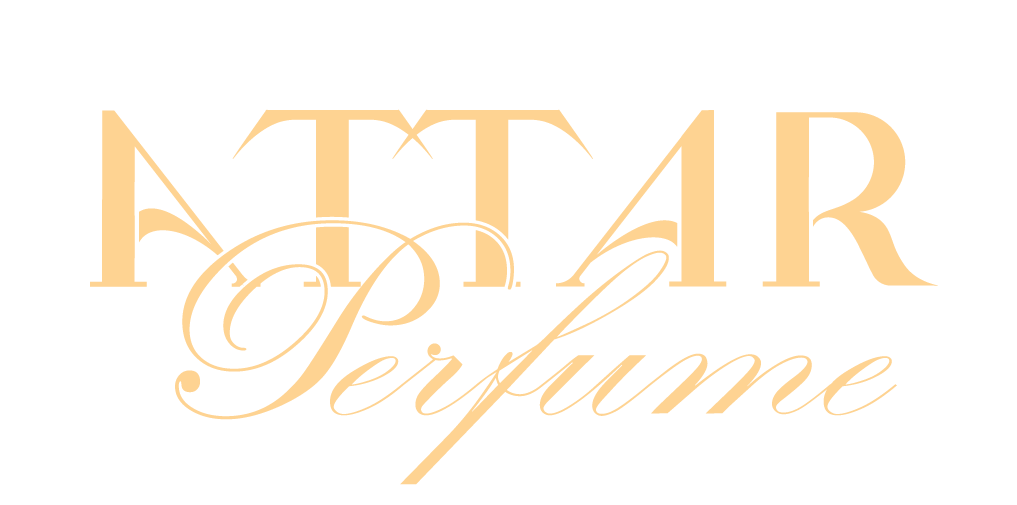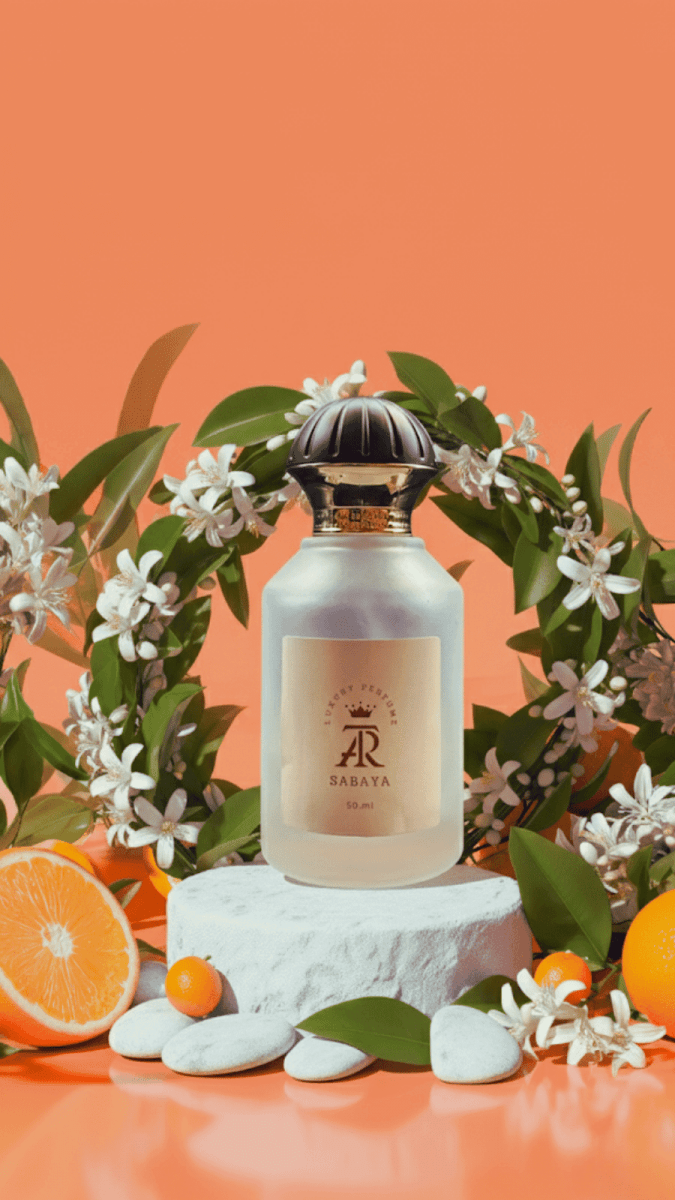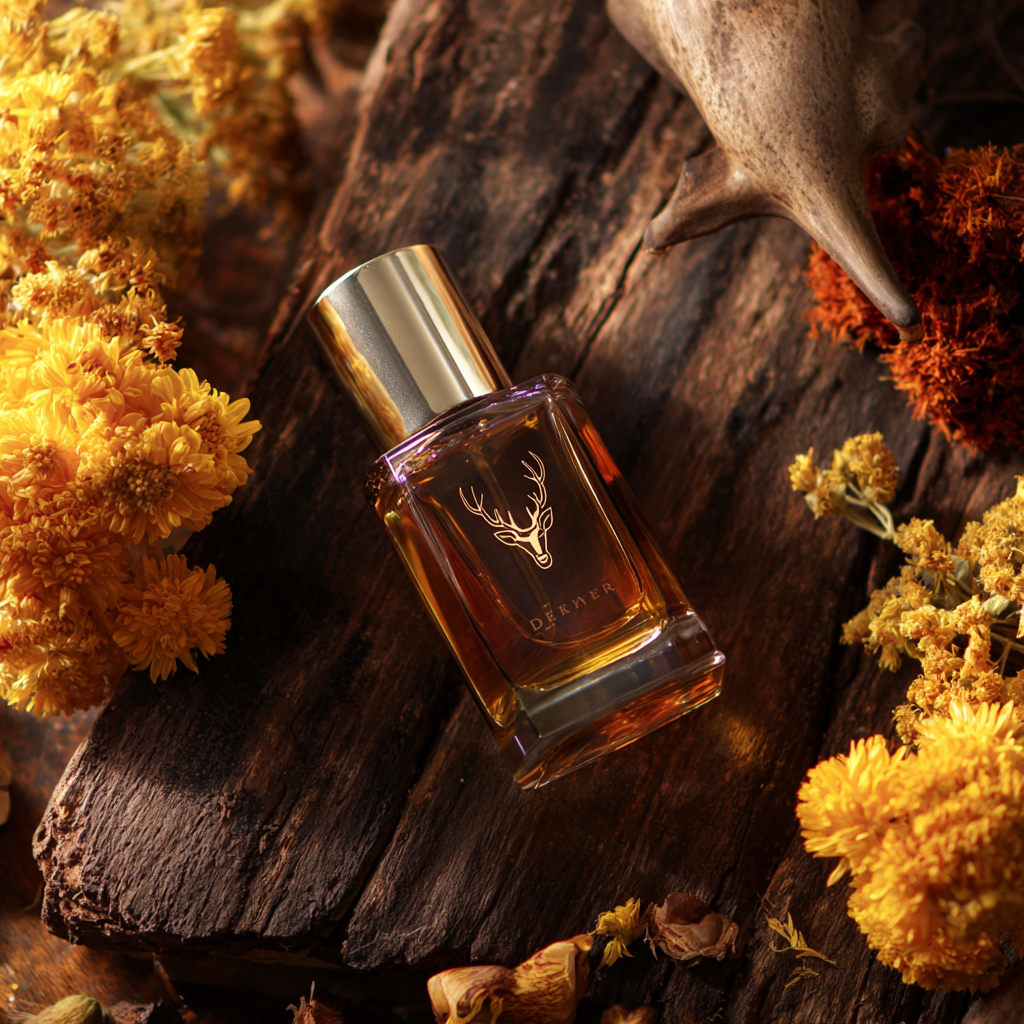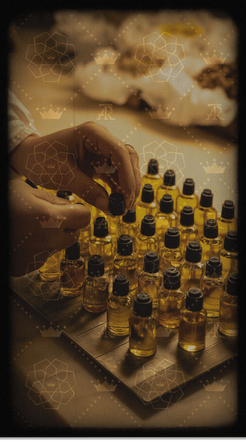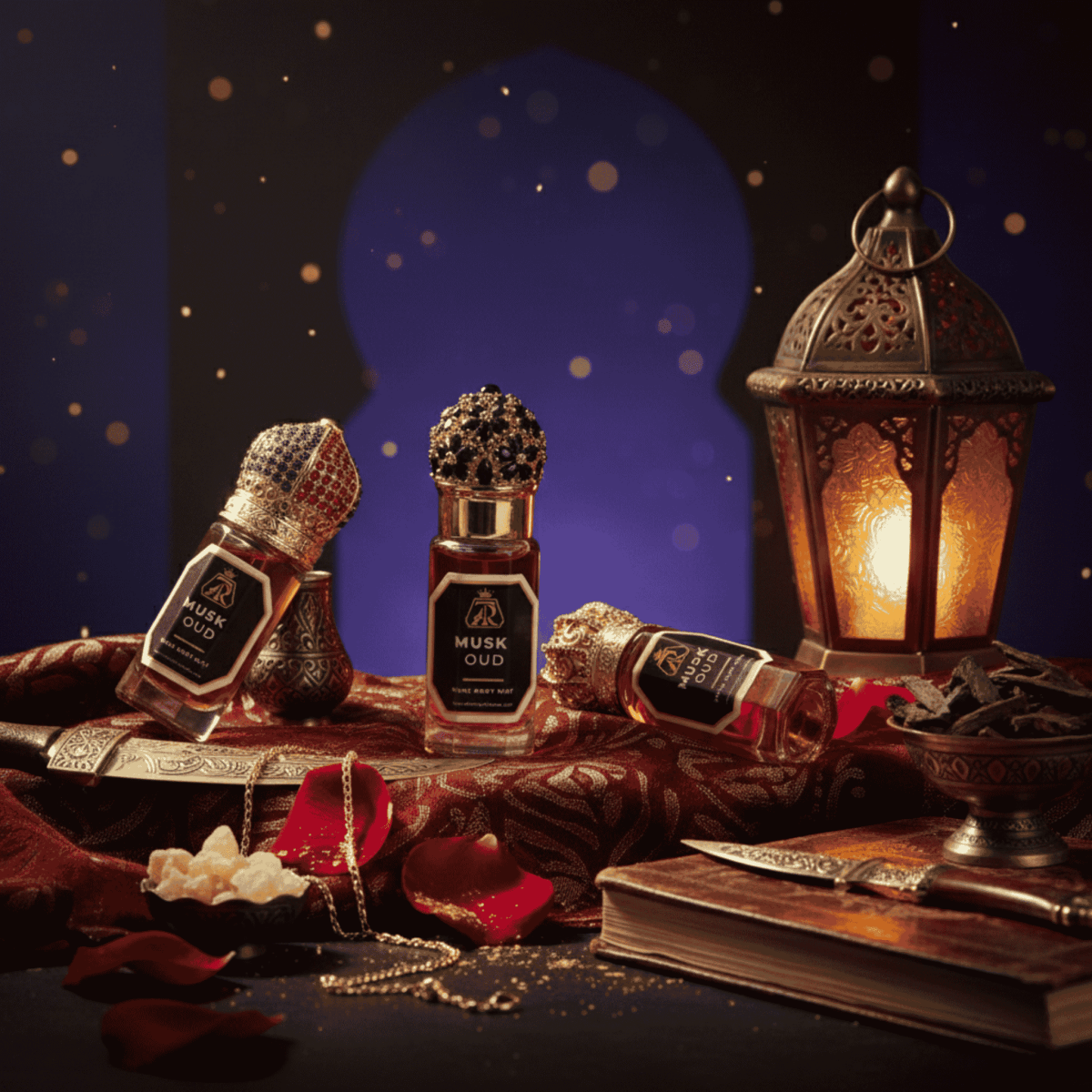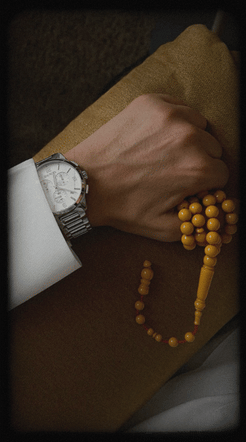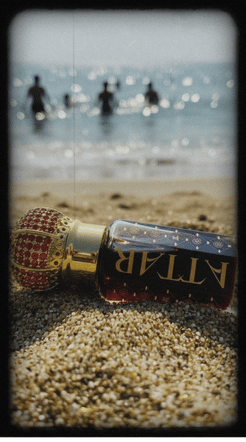In the competitive world of luxury fragrances, where countless brands promise quality, Attar Perfume has carved a niche for itself as a beacon of authenticity and trust. Its founder, the well-respected lecturer and connoisseur Ali Al-Durei'a, has a journey from an avid hobbyist to a successful entrepreneur that is as captivating as the scents he curates. In this exclusive blog post, we'll dive into a frank and fascinating discussion with Al-Durei'a, exploring his philosophy, the secrets of the trade, and the true meaning of luxury in the world of oud.
The Origins of Perfume: Debunking the French Myth
Many believe that perfume has French origins, but Al-Durei'a quickly corrects this misconception. "The French are newcomers to this field," he states. "Perfume originated with the Pharaohs, and Arabs were using it long before the advent of Islam." He points out that many global perfume brands use Arabic names for ingredients like oud, sandalwood, and amber, a clear testament to the Arab world's profound legacy in perfumery. The historical fact that Europeans learned about perfumes from Arabs during the Islamic Golden Age in Andalusia further solidifies his argument.

How to Distinguish Quality: Beyond the Bubble Test
When it comes to distinguishing a good perfume from a bad one, Al-Durei'a emphasizes that it's about more than just the scent. He breaks down the key factors:
-
Raw Materials: The quality of the oils and ingredients is paramount.
-
Solvents: The type of solvent used plays a crucial role.
-
Components: The overall composition and balance of the fragrance.
-
Packaging: Even the bottle and sprayer can indicate quality.
While many might rely on old-school tricks like the "bubble test," Al-Durei'a dismisses these as outdated marketing gimmicks. "We're in 2024," he explains. "Today, there are devices that can tell you the exact composition of a perfume, including the percentage of natural versus chemical oils."
Al-Durei'a also challenges the idea that a higher number of ingredients makes a perfume better. "It's a marketing ploy," he says. "When you're told a perfume has 70 ingredients, you're missing the point. The most important thing is the quality and smell of those ingredients."
The Scent of a Person: Why Perfume Reacts to Your Body
It's a common experience: you smell a fragrance on a friend and love it, but when you buy it for yourself, it smells different. Al-Durei'a confirms that perfume interacts with your body's chemistry. "The perfume interacts with your clothes, your skin, and even the type of food you eat," he says. "If you eat spicy foods, it can change the scent." This explains why the same perfume can create a unique scent profile on different people.
Al-Durei'a firmly believes that a person's perfume is their identity. "It's your passport to people's hearts," he remarks. He argues that changing your fragrance constantly isn't necessary, but having a signature scent that people can recognize you by is a powerful statement.

The Mystery of the Perfume Shop Scent
Anyone who has walked into a high-end perfume store knows its distinct, alluring smell. Al-Durei'a reveals that this is no accident. "The scent of a shop is an accord," he explains, "a combination of all the perfumes sold there." This unique blend of molecules creates a signature aroma that is non-replicable and not for sale, designed to make a lasting impression on customers.
A Growing Market: The Allure and Risks of the Oud Trade
The world of fragrances has exploded, with an endless variety of scents for everything from clothes to cars. Al-Durei'a views this as a positive, albeit temporary, trend. "These are branches," he says, "but the main stem is the classic perfume." He notes that the increasing wealth of Gulf citizens has led to a proliferation of brands and products, making the market more vibrant than ever.
However, this growth also comes with a significant challenge: fraud. Al-Durei'a, who has been in the business for over 13 years, admits that even he has fallen victim to scams. "In our field, the rule is to assume there's fraud and be proven wrong, not the other way around," he candidly states. He's had to learn the hard way, losing money on large shipments that were not up to standard.
He advises anyone looking to enter the trade to be cautious and to start with a solid foundation of knowledge. "Don't sell something you don't understand," he warns. He emphasizes the importance of a reputable local trader and encourages newcomers to attend his free workshops, where he openly shares his secrets and experiences.
The Agony and Ecstasy of a Rare Find: A Collector's Dilemma
Al-Durei'a is not just a trader; he's a passionate collector of rare oud. He recounts his most expensive purchase—a kilo of Filipino oud for $150,000. When asked about his feelings upon selling such a rare piece, he admits to a mix of emotions. "It's a bittersweet feeling," he explains. "The joy of a bank deposit is real, but so is the sadness of seeing a rare piece of oud leave your vault."
He even shares a story of trying to buy back a rare oud from a customer for four times the original price, but the customer refused. This highlights the unique nature of the rare oud market: some pieces are simply irreplaceable.
Giving Back: Ali Al-Durei'a's Free Workshops
Al-Durei'a's commitment to the fragrance community goes beyond his business. He hosts free annual workshops in different Gulf countries to teach people about oud. "I feel a sense of pride," he says. "I see the seeds I plant growing into trees, and I am proud of them." He offers these sessions for free, seeing it as a way of giving back and building a network of informed customers.
In closing, Al-Durei'a offers a final piece of advice: "Don't be stingy with yourself." He encourages people to indulge in the scents they love, as life is too short to settle for less.
Attar Perfume's journey is a powerful testament to the fact that success is not just about sales numbers. It’s about building a legacy of trust, respect, and unparalleled quality—a legacy that, like the rarest oud, only grows more fragrant with time.
